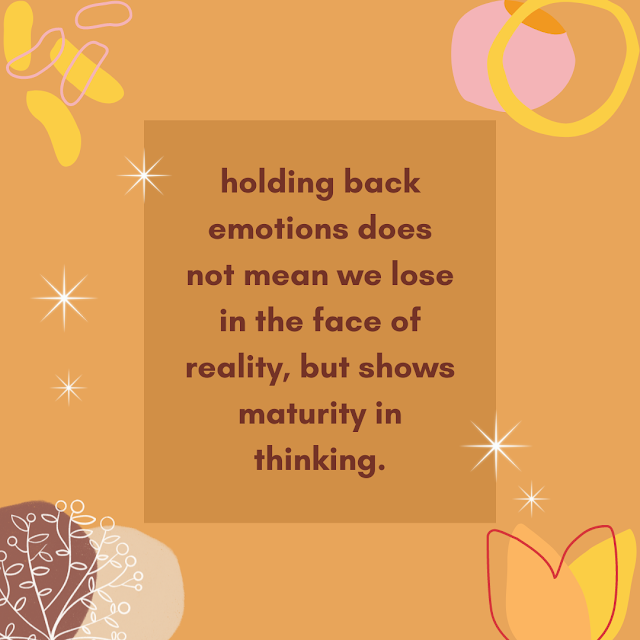Understanding Emotional Maturity: A Journey to Better Relationships
Emotional maturity is an essential trait that profoundly affects our lives and relationships. As women, we often navigate a complex landscape of expectations, emotions, and roles. Understanding emotional maturity not only enriches our personal growth but also fortifies the bonds we share with those we love.
Why Emotional Maturity is Important
Emotional maturity is the ability to manage and understand our emotions, to respond to situations rather than react impulsively. It involves self-awareness, empathy, and the capacity to handle stress and conflict constructively. Here are some reasons why emotional maturity is crucial:
- Healthier Relationships: When we are emotionally mature, we communicate more effectively and with empathy. This fosters trust and understanding, creating a safe space for our loved ones to share their feelings and thoughts.
- Improved Decision-Making: Emotional maturity helps us stay calm and composed, enabling us to make thoughtful decisions rather than acting on impulse. This is particularly important in maintaining stability in our personal and professional lives.
- Self-Esteem and Confidence: Understanding and managing our emotions contribute to a stronger sense of self. We become more confident in our abilities to handle challenges, which in turn boosts our self-esteem.
- Conflict Resolution: Emotional maturity allows us to approach conflicts with a problem-solving mindset rather than a combative one. This leads to more effective and less damaging resolutions.
The Harm Caused by Emotional Immaturity
Lack of emotional maturity can lead to a cascade of negative effects, particularly on our loved ones. Here’s how emotional immaturity can harm those closest to us:
- Emotional Instability: Reacting to situations with anger, frustration, or withdrawal can create an unpredictable environment. Our loved ones may feel like they are walking on eggshells, unsure of how we might respond at any given moment.
- Poor Communication: Immature emotional responses often result in poor communication. We might shut down, lash out, or fail to express our needs and feelings constructively. This can lead to misunderstandings, resentment, and a breakdown of trust.
- Increased Stress: Our inability to manage emotions can cause stress not only for ourselves but also for those around us. Constant negativity, anxiety, and tension can strain relationships, leading to emotional exhaustion for everyone involved.
- Unresolved Conflicts: Without emotional maturity, conflicts tend to linger. We may avoid addressing issues, hold grudges, or escalate disagreements unnecessarily. This can create a toxic environment where problems compound over time.
- Dependence on Others for Validation: Emotionally immature individuals often seek external validation to feel good about themselves. This can place undue pressure on loved ones to constantly provide reassurance and support, leading to an unhealthy dynamic.
Cultivating Emotional Maturity
The journey to emotional maturity is continuous and requires deliberate effort. Here are some steps to help cultivate it:
- Self-Reflection: Regularly take time to reflect on your emotions and reactions. Understand what triggers negative responses and work on addressing the root causes.
- Mindfulness and Meditation: Practices like mindfulness and meditation can help you stay present and manage your emotions better. These techniques can reduce stress and increase self-awareness.
- Healthy Communication: Practice expressing your feelings and needs calmly and clearly. Listen actively to others and strive to understand their perspectives without judgment.
- Seek Feedback: Don’t be afraid to ask for feedback from trusted friends or family members. Understanding how others perceive your emotional responses can provide valuable insights for improvement.
- Professional Help: Sometimes, seeking the help of a therapist or counselor can be incredibly beneficial. They can provide tools and strategies to enhance emotional regulation and interpersonal skills.
Conclusion
Emotional maturity is a cornerstone of healthy, fulfilling relationships. By striving to understand and manage our emotions, we can create a supportive and loving environment for ourselves and our loved ones. The journey might be challenging, but the rewards—stronger bonds, better communication, and a more resilient self—are well worth the effort. Remember, every step towards emotional maturity is a step towards a happier, more harmonious life.
Thankful for your presence, Neja










Comments
Post a Comment